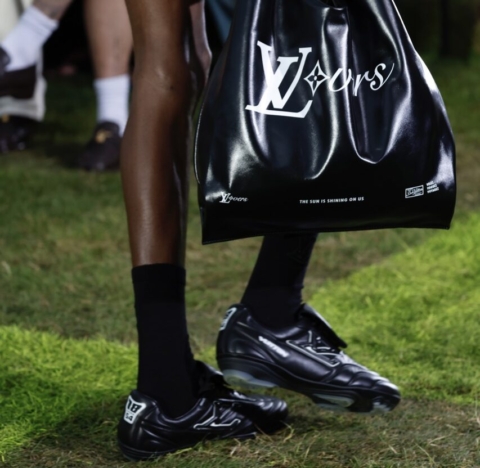Fashion; Start-Up
By Jo Phillips
How to Succeed as a Fashion Start-Up
The fashion industry in the UK is uniquely robust, with the UK being home to some of the greatest minds in modern fashion: Vivienne Westwood, Alexander McQueen, Paul Smith and countless more. The market is rich, diverse and continually growing – presenting the perfect opportunity for young designers to make their mark.
The UK is also a uniquely strong place in which to start up your own business. In the face of exceedingly difficult conventional routes to fashion success, many are disrupting the industry and starting their own fashion start-ups outright. If you’re planning on creating your own fashion start-up, what should you know before you begin?
Brand Identity
In growing a business of any kind, the first conversation should always relate to identity. What kind of brand do you want to be? This will not only directly influence the products you sell, but also your wider company ethos – down to the publications and suppliers with which you work.
As a fashion start-up, your business model is closely related, essentially, to artistry. Many start-ups weaponise this well, by selling their offerings as independent and individual in one. This possibility is open to you if you are working with a small group of designers, and can be easily augmented with additional elements to suit your chosen demographic. Perhaps your clothes could utilise rare, high-quality materials, or sustainable materials to capture a growing demographic of the socially conscious.
Finances
With your brand identity firmly in mind, your next consideration relates to finances and funding. There are a number of factors that can lead even the most rampantly successful start-up to face financial failure and a premature end, and not all of them are easily controlled. Market conditions can change instantly, and your ground can very quickly become shaky.
But there are things that you can address in the short term, that mitigate the impact of such events and increase your likelihood of survival where other businesses might fail. Sourcing the right investor interest before launch can give you access to funding for growth. Budgeting for a slow, sure and steady launch will also ensure you do not overextend your reach and keep your cash flow in check for when investors do come knocking.
Learning and Progressing
Lastly, mistakes are an inevitable part of starting a business. Even the most seasoned of entrepreneurs make mistakes in the launch of new endeavours, so it is highly likely that you as a fashion-enthusiast/novice to business will encounter some serious roadblocks to growth.
But these roadblocks will never necessarily constitute the end of your journey. Rather, they are learning experiences – and also excuses to get networking. The more fashion industry voices you have to your aid, the better placed you are to weather industry events and eventually come out on top. Even if you have little more than a business card, show up to private events, industry parties and rival launches. The more you are seen, the more attention you will attract – and the more impervious your brand will be from difficulty.



